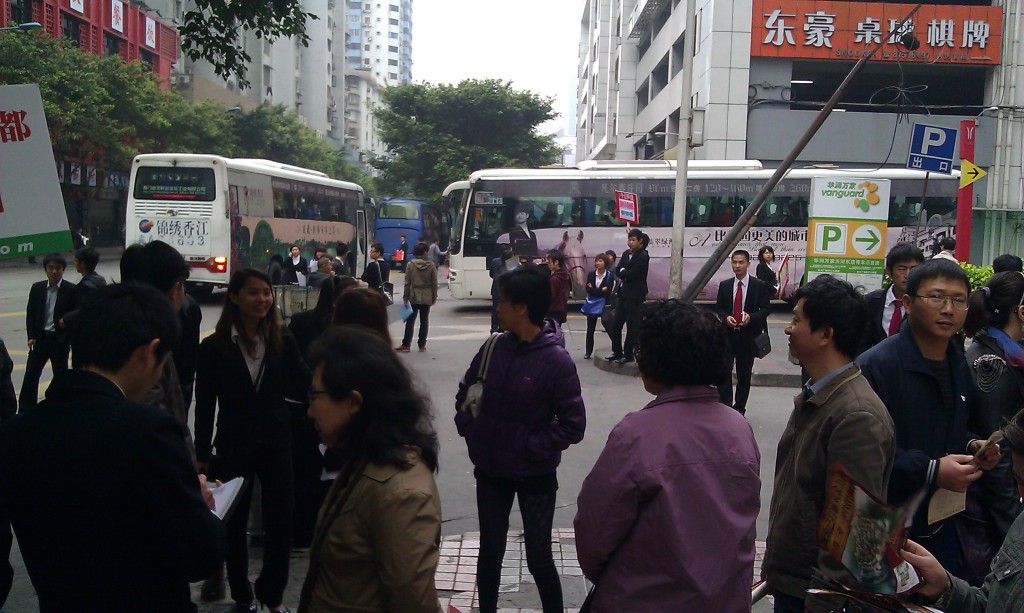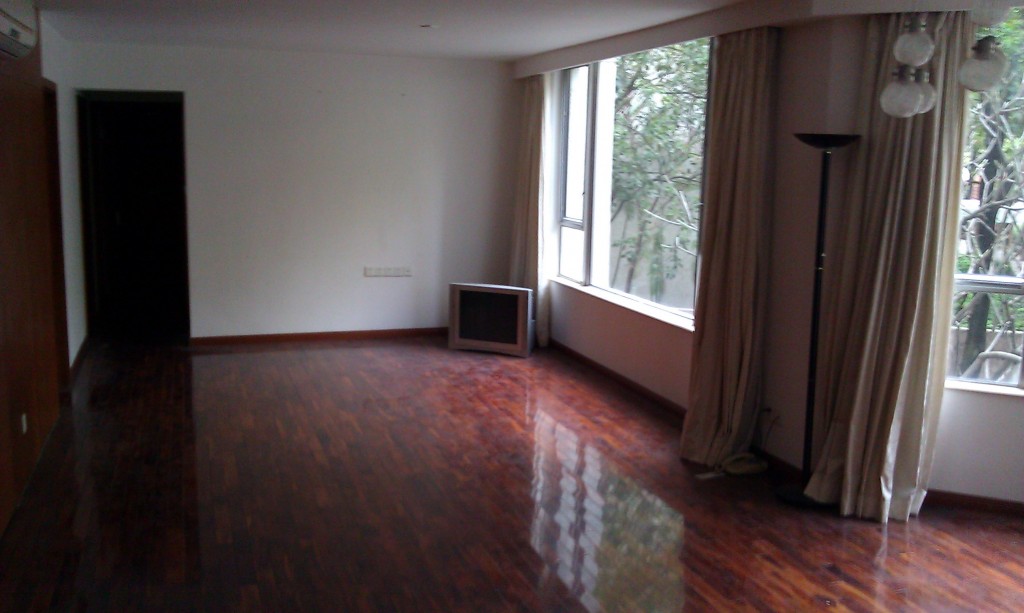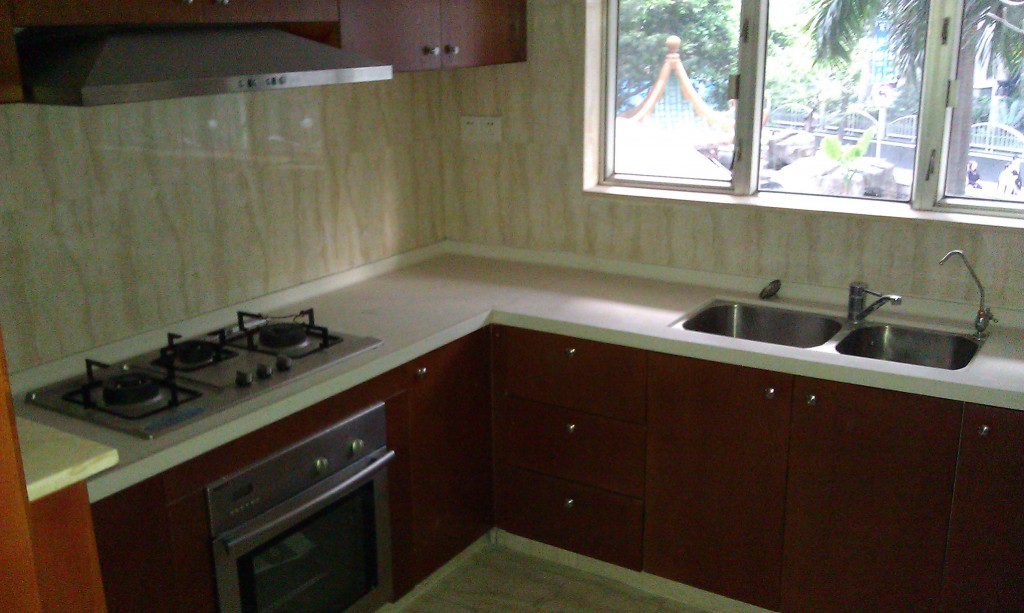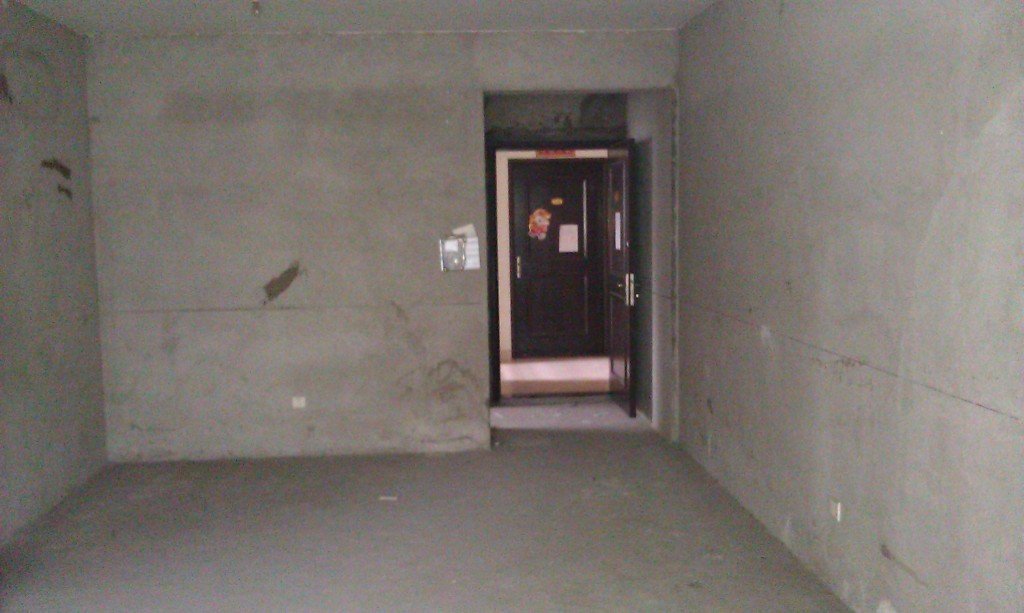I’m quite passionate about freedom of speech and information, especially when it comes to the internet. If you follow internet censorship issues you would have heard of the Great Firewall of China, which is essentially a government controlled list of sites that are deemed to be unsuitable for the common Chinese citizen.
You probably think that’s not such a bad thing to do, as the government would block sites such as those that contain child porn, support for terrorism and other “bad” sites, right? Well let me take you through a typical surfing experience that most of you will probably be familiar with and see what you think after that.
- I log on to my Yahoo email to clear the pile of overnight emails.
- I open an email from my dad who has sent me a link to a video on Youtube and watch that.
- Since I’m on Youtube I check out my subscribed channels and watch a few more videos.
- I open a news summary email from news.com.au that I use to keep in touch with what is happening in Australia.
- I click on a few interesting articles and share one on Facebook with my friends.
- I see an email from my blog notifying me of a comment, so I go to my blog to log on to the administration dashboard and approve the comment.
- I decide to check a friend’s blog on Blogspot before opening Google Reader to check my news feed.
- Looking at Endgaget’s news feed I see an interesting article with a video from Vimeo.
- Another article mentions a company’s Twitter feed containing their latest announcements, so I click on the Twitter link to check out what is happening.
- A friend on Skype asks me if I have seen the replies to my status update on Facebook yet, so I log into Facebook to check out the feedback.
- After that I decide to see what is happening with my blog, so I log onto Google’s Webmaster’s Tool, Adsense and Analytics.
- I want to watch a movie, so I see what’s on from Yahoo’s movie page and check out the respective ratings on the Internet Movie Database (IMDB.com).
- Before I head out for the movie I check out the news.com.au site again and notice an article about Wikileaks spokesperson Julian Asange.
- I decide to see what’s happening on the Wikileaks site, as it’s been quite quiet lately.
Here is what I can do in China with no problems:
- I log on to my Yahoo email to clear the pile of overnight emails.
- I open a a news summary email from news.com.au that I use to keep in touch with what is happening in Australia.
- I click on a few interesting articles.
- A friend on Skype asks me if I have seen the replies to my status update on Facebook yet.
- I want to watch a movie, so I see what’s on from Yahoo’s movie page.
- Before I head out for the movie I check out the news.com.au site again and notice an article about Wikileaks spokesperson Julian Asange.
Now I’ll explain what happens with each step:
- I log on to my Yahoo email to clear the pile of overnight emails.
- I open an email from my dad who has sent me a link to a video on Youtube and watch that. Youtube is blocked.
- Since I’m on Youtube I check out my subscribed channels and watch a few more videos. Youtube is blocked.
- I open a news summary email from news.com.au that I use to keep in touch with what is happening in Australia.
- I click on a few interesting articles and share one on Facebook with my friends. Facebook is blocked.
- I see an email from my blog notifying me of a comment, so I go to my blog to log on to the administration dashboard and approve the comment. My blog uses Google’s +1 and Facebook’s Like functions, which are blocked, thus making my blog take a very long time to load when it tries to access these sites.
- I decide to check a friend’s blog on Blogspot before opening Google Reader to check my news feed. Blogspot is blocked and Yahoo’s news images are blocked (part of my Google Reader feed).
- Looking at Endgaget’s news feed I see an interesting article with a video from Vimeo. Vimeo is blocked.
- Another article mentions a company’s Twitter feed which contains their latest announcements, so I click on the Twitter link to check out what is happening. Twitter is blocked.
- A friend on Skype asks me if I have seen the replies to my status update on Facebook yet, so I log into Facebook to check out all the feedback. Facebook is blocked.
- After that I decide to see what is happening with my blog, so I log onto Google’s Webmaster’s Tool, Adsense and Analytics. Google’s sites are either blocked or have intermittent availability making for a frustrating user experience.
- I want to watch a movie, so I see what’s on from Yahoo’s movie page and check out the respective ratings on the Internet Movie Database (IMDB.com). IMDB is blocked.
- Before I head out for the movie I check out the news.com.au site again and notice an article on Wikileaks spokesperson Julian Asange.
- I decide to see what’s happening on the Wikileaks site, as it’s been quite quiet lately. Wikileaks is blocked.
This makes for a pretty sad web surfing experience for a non-Chinese-resident in China. Any website that you use that has social media integration normally takes forever to load as those components are blocked (they timeout). However, if you are living in China then there are Chinese equivalents for almost all the blocked sites, which of course are “government approved.”
A government should have no say in what information its citizens can and can not view. A government should educate its citizens to make socially responsible decisions through the standard education system and guidance programs, such as ratings systems for movies. Ultimately the decision of whether to view the material should be the citizen’s own choice, who is aware of their own responsibilities and the consequences of their own actions.
A government that decides what information a citizen can and can not view thinks their citizens are beneath their leaders and not capable of rational thought. The other option could be that the government is scared of its own citizens being empowered by information. Perhaps it’s a combination of both!
Censorship is just wrong and is always abused, thus education is the path to a more progressive society.
http://en.wikipedia.org/wiki/List_of_websites_blocked_in_the_People%27s_Republic_of_China





